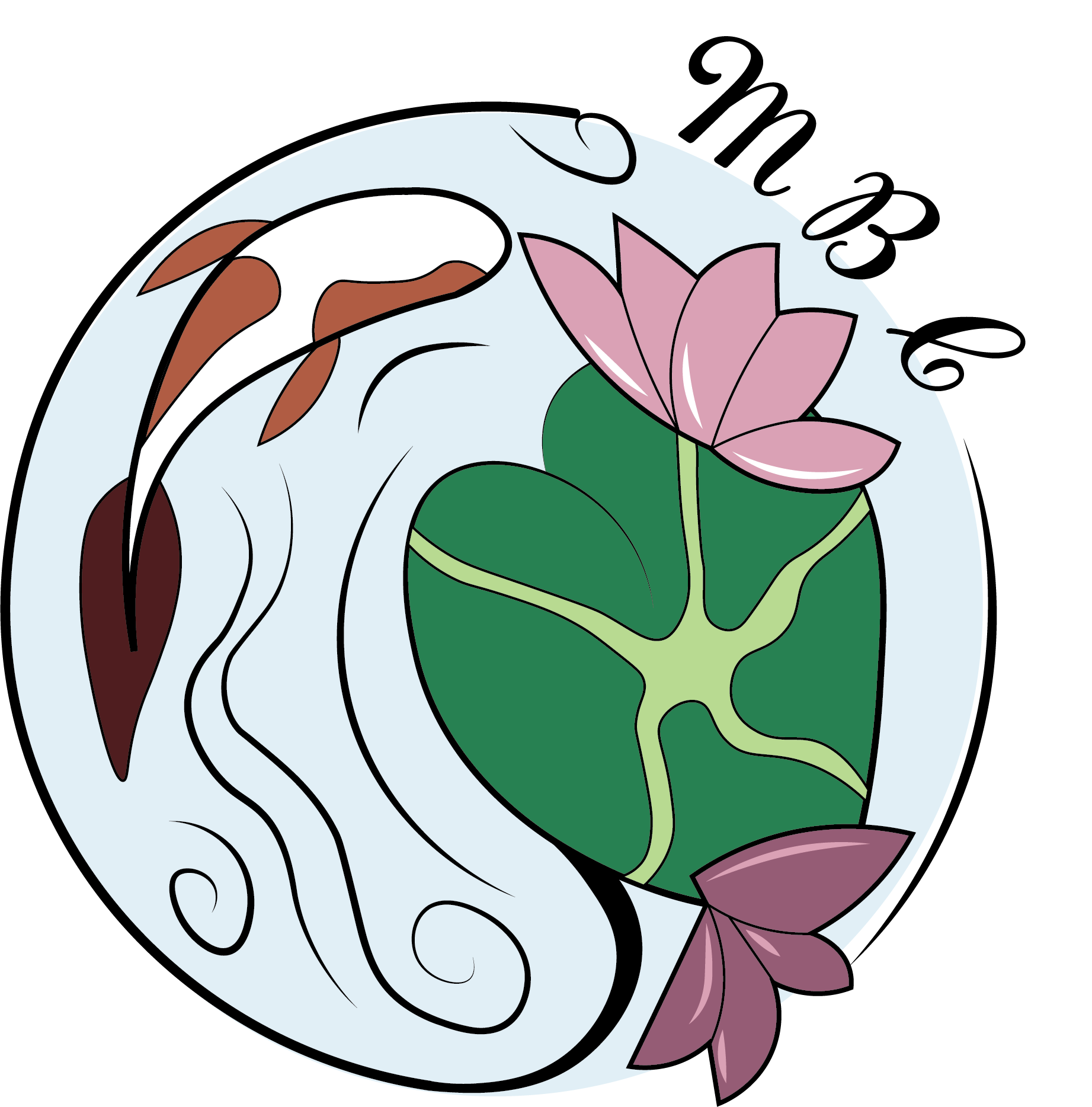

MSW Social Work, University of Washington
BS Psychology, Arizona State University
BA Asian Pacific American Studies, Arizona State University
As a Korean transracial adoptee with intersectional identities...
I've often felt that the services available didn't fully address my unique needs. This experience motivated me to pursue a career in social work and counseling, aiming to bridge the gaps in community care that I encountered firsthand. My passion lies in providing accessible and meaningful services to queer and BIPOC communities, meeting clients where they are.
The impact of systemic inequalities on marginalized communities
During my undergraduate studies, I focused on Critical Race Theory, exploring the historical and contemporary effects of racism on people of color and their mental health. This academic journey solidified my commitment to social work, where I could apply this knowledge directly in my practice. Understanding the institutional impacts of marginalization and oppression is essential to offering holistic, client-centered care. Social justice and decolonization are at the core of my approach, and I feel deeply honored to pursue this work. Each day, I learn and grow as I build connections with clients and their stories.
A practice grounded in client-centered, holistic services
I believe each client is unique, with distinct needs and goals, and I approach my work with this understanding. I deeply value ancestral knowledge, community care, and the power of storytelling. As a counselor, my aim is to help clients foster a deeper connection with themselves, which in turn, strengthens their connections with others.


The effects of race on mental health
My research on race and racism has given me insight into the harmful effects of marginalization and oppression on mental health. While acknowledging these challenges, I also strive to create a space where we can openly discuss the resilience, power, and wisdom that emerge from our communities and within ourselves.
An eclectic approach to healing
I incorporate EMDR for trauma-related symptoms and narrative therapy to honor the significance of personal stories. Additionally, I have experience with CBT and DBT to address symptoms of anxiety, depression, and mood disorders.
